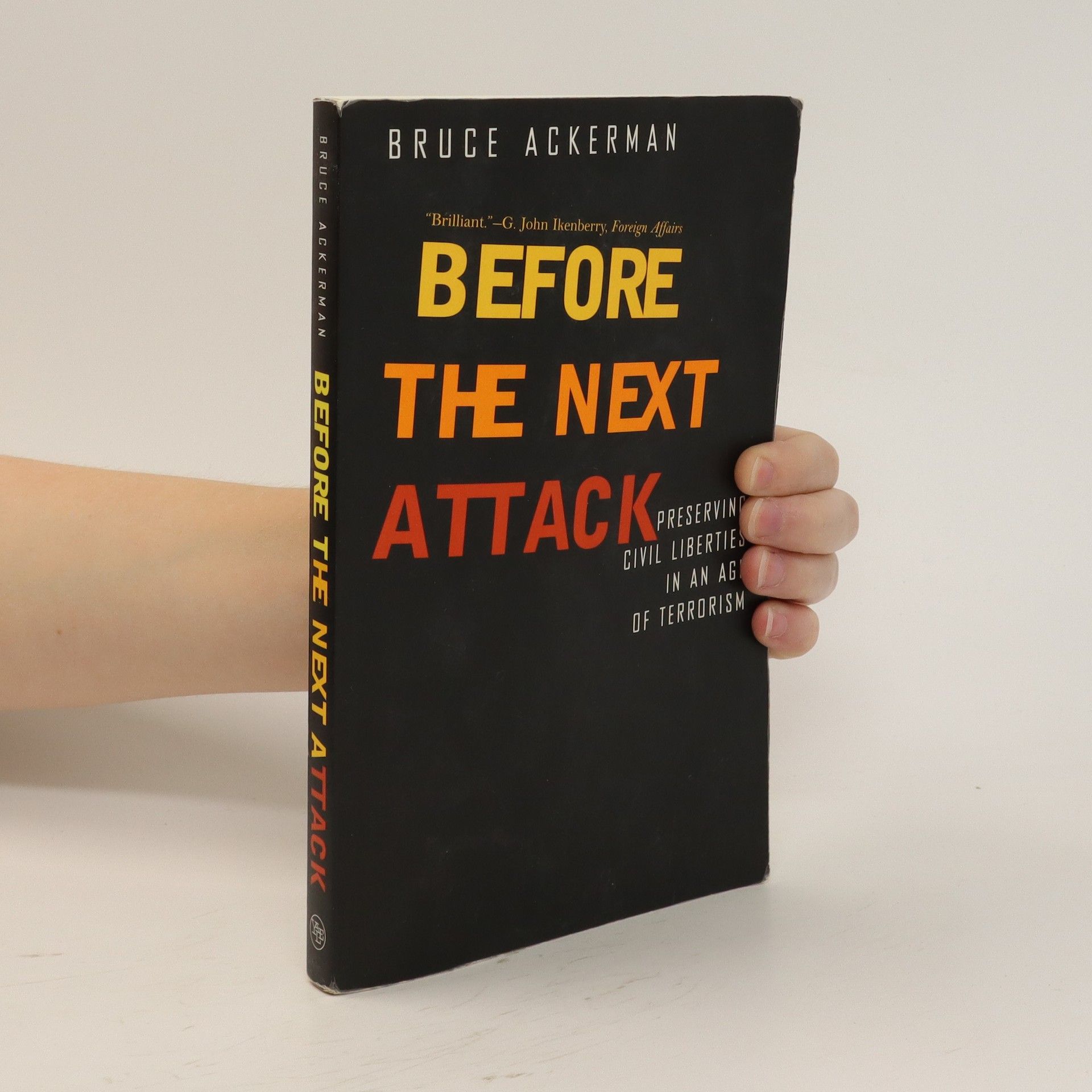We the People
- 528pages
- 19 heures de lecture
This text argues that constitutional change, seemingly so orderly, and refined, has in fact been a revolutionary process from the first. It sets contemporary events, such as the Reagan revolution, in deeper, constitutional perspective and considers fundamental reforms that might resolve them. schovat popis

